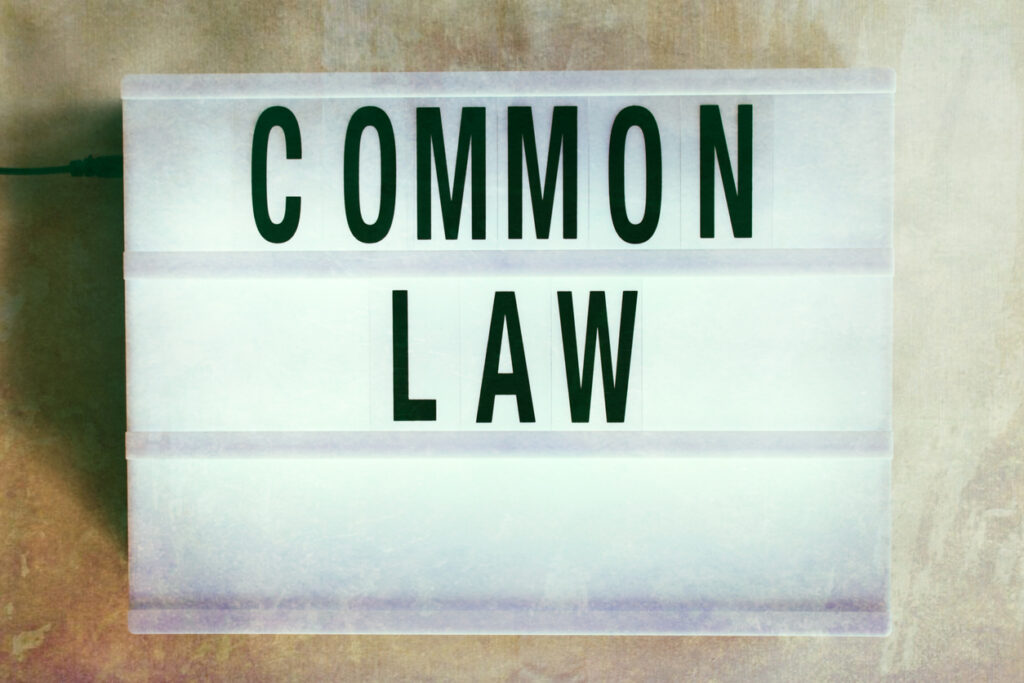Navigating the murky waters of debt collection can often feel overwhelming. Many individuals face relentless calls, aggressive letters, and even potential legal action from creditors.
When is it time to draw the line? How can you tell if the situation has escalated beyond what you can manage on your own? Understanding the nuances involved in debt collection is key. Certain signs can indicate that it might be time to consult with an attorney.
Whether it’s harassment from collectors, potential breaches of law, or the threat of lawsuits looming over you, recognizing these red flags is crucial. Engaging legal expertise can not only help protect your rights but also illuminate your options moving forward.
Lets delve into the telltale signs that might suggest you need to take action and enlist the help of a seasoned attorney in your battle against debt collection.
Signs It’s Time to Seek Legal Representation

Recognizing when to enlist the help of a legal professional can be a daunting task, yet certain clear indicators can guide your decision. If you’re experiencing relentless harassment from creditors, enduring threats of legal action, or encountering difficulty in understanding your rights, it may be time to consult an attorney.
In particular, engaging a collections attorney can be invaluable when dealing with complex or escalated debt recovery cases. These professionals specialize in handling legal matters related to unpaid debts, ensuring your rights are protected while providing strategic guidance to resolve disputes.
Additionally, if your debt situation is spiraling out of control and you’re unsure of the best course of action, the complexities of financial law can leave you feeling overwhelmed. You might also find yourself facing imminent court dates or receiving garnishment notices, signifying that the situation has escalated beyond mere discussions. In such scenarios, seeking legal representation could not only safeguard your interests but also help you navigate the tumultuous waters of debt collection with a clearer, more informed perspective.
Red Flags: Unfair or Harassing Collection Practices

In the murky waters of debt collection, distinguishing between persistent reminders and outright harassment can be challenging. If a collector calls you multiple times a day, especially at odd hours, it may be a sign of coercive tactics rather than genuine concern for repayment.
Furthermore, threats—whether veiled or overt—of legal action, wage garnishment, or public embarrassment constitute blatant violations of your rights. Have they contacted your family or friends in an attempt to gain leverage over you? This practice is not only unethical but also illegal.
Moreover, if the debt collector displays a lack of transparency about the amount owed or refuses to provide documentation, it raises significant red flags. Remember, you have rights, and recognizing these abusive practices is the first step toward reclaiming your peace of mind.
If you feel overwhelmed by intimidating practices, don’t hesitate; seeking legal advice could be your best recourse.
When Communication Breaks Down: The Importance of an Attorney

When communication breaks down during the debt collection process, the path forward can become murky and fraught with frustration. Perhaps youve tried negotiating with your creditor only to be met with stubborn silence or aggressive tactics; this is where the expertise of an attorney becomes invaluable.
An attorney not only brings a depth of legal knowledge to the table, navigating complex regulations and ensuring your rights are protected, but they also serve as a buffer between you and relentless collection agents. Imagine the relief of knowing that a seasoned professional is advocating on your behalf, crafting compelling arguments, and employing strategic negotiation tactics that could turn the tide in your favor. Ultimately, having legal representation may not only expedite resolution but also alleviate the emotional toll that debt collection disputes can impose, allowing you to regain control over your financial future.
Conclusion
In conclusion, navigating the complexities of debt collection can be overwhelming, but recognizing the right time to seek legal action is crucial for effective resolution. If you find yourself facing persistent harassment from creditors, overwhelming debt situations, or threats of lawsuits, it may be time to consult with a collections attorney who can provide guidance tailored to your specific circumstances.
By being proactive and understanding your rights, you can take the necessary steps to protect your financial future and achieve a sense of relief from the pressures of debt. Remember, seeking professional legal assistance can often be the key to successfully managing debt collection challenges.


